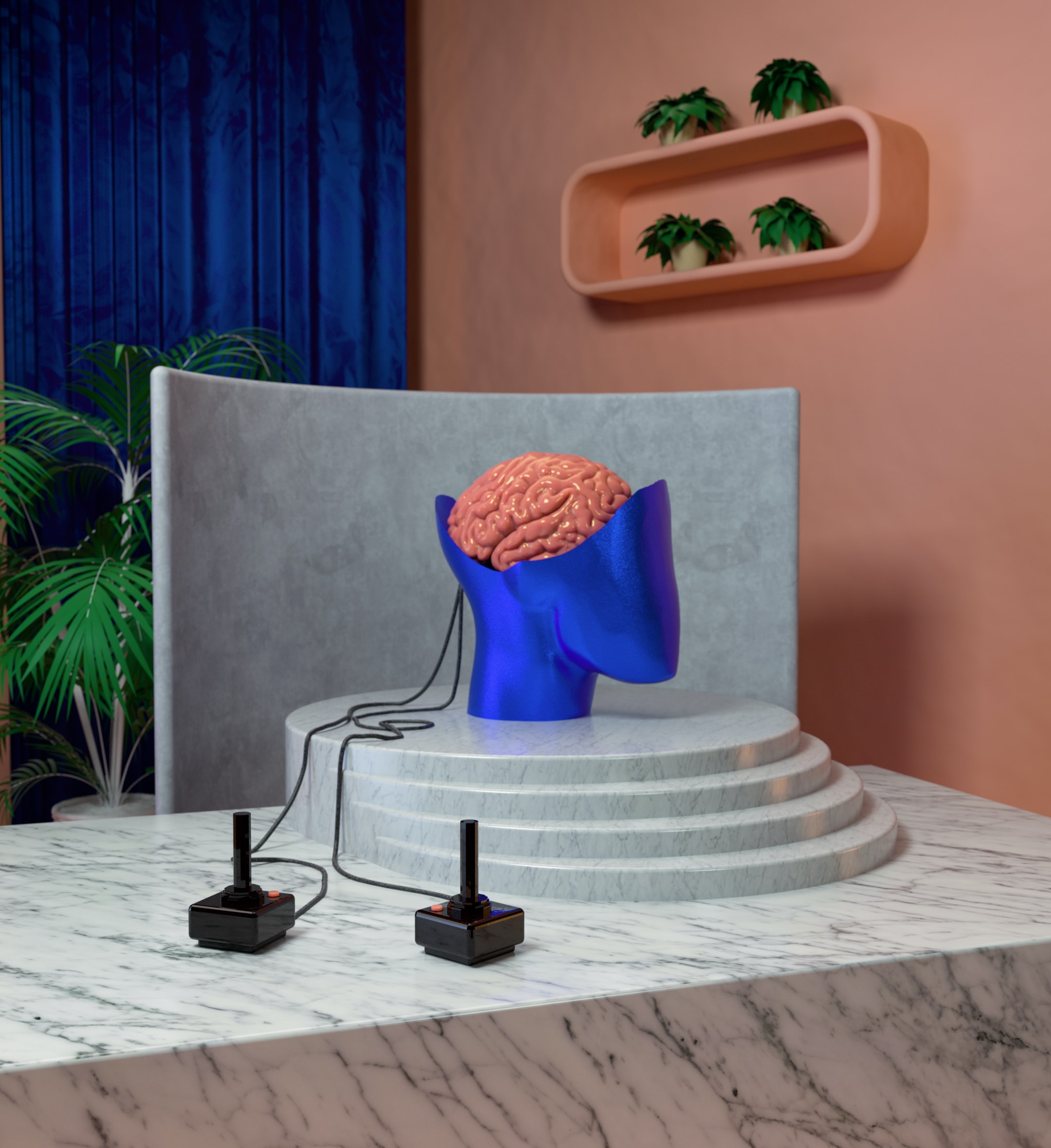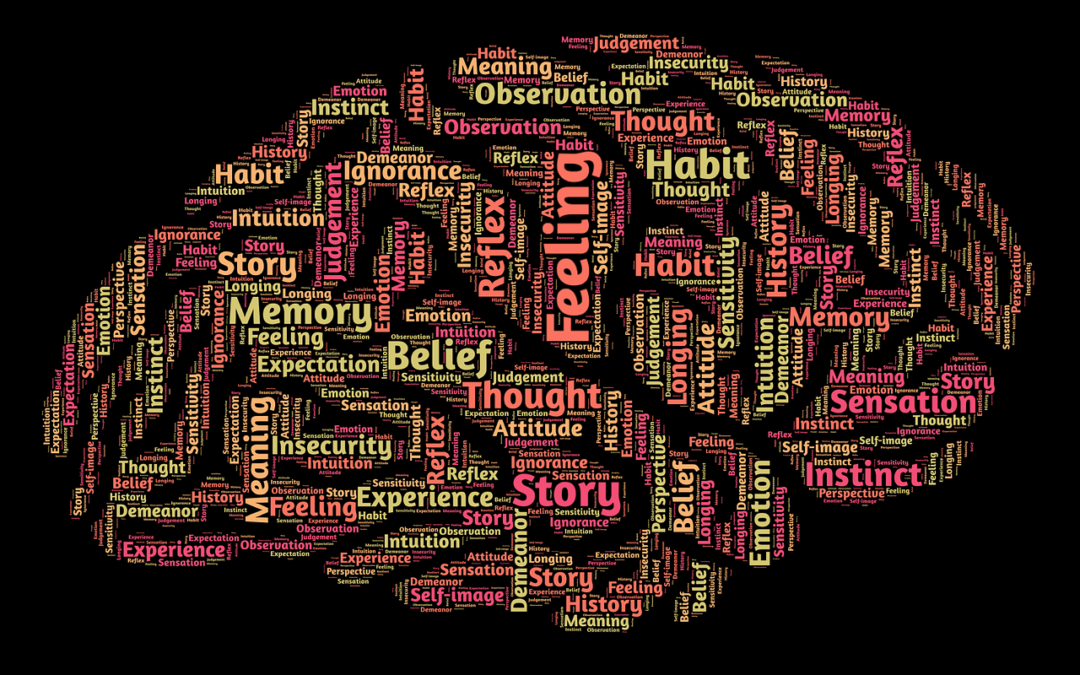Regardless of an individual’s age, it’s never too late to strengthen neural connections and create new ones. The human brain is like the muscles in the body because the more it’s exercised, the stronger the mind becomes.
Eating healthy foods is one way to keep the brain functioning at an optimum level. Other activities like sharpening the memory will take some time and dedication, but this goal is attainable for everyone. Here are more tips and tricks to keep this most vital organ in great shape.
Eating the Right Kinds of Fruits, Vegetables and Fats Will Help the Brain
Eating properly is a no-brainer. The brain requires good nutrition just like the rest of the body. The key is to identify what foods will help the brain and which ones will make you lose your mind. Saturated fats are one example of a poor food choice. Saturated fats are not good for the body and they are no better for the mind. Research has revealed that people who subsist on diets high in saturated fats will be at greater risk of developing dementia.
Omega-3 fatty acids found in nuts, seeds, and fish also have long-term benefits for the mind. Also look for fruits and vegetables with high levels of antioxidants, like blueberries, spinach, broccoli, and collards.
Physical Exercise May Slow Degenerative Brain Disorders
Exercise is great for the body and the brain. Exercise will stimulate the production of new brain cells, called neurons. This process is known as neurogenesis and one of the most active regions for this is the hippocampus, the part of the brain that is vitally important for learning and long-term memory. Evidence has been uncovered that suggests exercise may slow the development of degenerative brain ailments.
Exercise the Mind
An idle brain has been called the devil’s workshop and it’s well known that the devil in this case is Alzheimer’s disease. Without activities to keep the brain stimulated, thought processes and cognitive functions will inevitably decline.
A study conducted by researchers at Albert Einstein College of Medicine in New York found that mentally active seniors reduced their risk of dementia by seventy-five percent, compared to those who didn’t use their brains regularly.
Playing Sudoku, scrabble, chess, or completing crossword puzzles can do wonders for mental health. It doesn’t take a game to exercise the mind; everyday tasks can be great brain exercise as well. For instance, ditch the calculator and try to complete mathematical calculations in your head.
Social Skills Sharpen the Mind

From City of Good: Community Matters – https://cityofgood.sg/community-matters/defining-success/5-examples-of-community-success-measurements/
Dealing with people can be a challenging task. Therefore, it will keep the brain sharp. Strong social relationships — whether in a church group, social club, or family — are important to keep the brain engaged with fun and surprises. The possibilities for excitement and learning are limitless when dealing with friends and those who share similar interests daily.
Keep the mind healthy and sharp by performing some volunteer work, or participating in activities like wine tastings and yoga classes. Also, consider getting a pet for companionship. Canine and feline friends can bring lots of happiness and decrease stress.
Neurobics – Unique Brain Exercises 
Created by Lawrence C. Katz, Ph.D., a professor of neurobiology at Duke University Medical Centre, neurotics techniques encourage people to use all five senses in unexpected ways to shake up everyday routines.
For example, dialing the phone and brushing the teeth with the non-dominant hand can stimulate underused neural pathways.
Try opening windows and doors with your eyes closed, or go to work using an alternate route. All of these methods can be used to sharpen the mind.
Don’t Let Stress Overtake Your Life
It’s not possible to eliminate stress, so the key is to manage it. Chronic stress can lead to elevated levels of cortisol, a hormone that is produced by the adrenal glands in response to highly stressful situations. Too much cortisol can harm the brain.
It’s that simple. Taking care of the body will mean the brain will function at an optimal level well into the future.
Wrapping Up
Regardless of age, it is never too late to strengthen neural connections and create new ones. Eating healthy foods, avoiding saturated fats, and getting plenty of physical exercises can all help improve the brain’s functioning.
Omega-3 fatty acids from nuts, seeds, and fish have long-term benefits for the mind, as do fruits and vegetables with high levels of antioxidants like blueberries, spinach, broccoli, and collards.
Additionally, exercise can stimulate neurogenesis in the hippocampus – the part of the brain responsible for learning and long-term memory – slowing the development of degenerative brain disorders.
My bio: Bianca Reed is a psychologist and professional writer. She has a passion for communication via Shagle video and loves nothing more than helping people understand one another. Her work as a therapist has given her unique insight into the human psyche, which she uses to write compelling and informative articles.


